In a decision published online today, the three-member panel that oversees railroads’ finances and operations wrote that the company’s application was incomplete almost entirely because of lack of financial information. But the board also said the company’s lack of cash in the bank also played a role.
“[Great Lakes’] current assets of $151 are so clearly deficient for purposes of constructing a 261-mile rail line that the Board will not proceed with this application given the impacts on stakeholders and the demands upon Board resources,” board members wrote.
With its decision, the board not only rejected Great Lakes’ request for permission to purchase property and start construction, but also ended the environmental review process, and dismissed all objections to the proposed bypass railroad as moot.
However, a source close to the matter says the application was rejected “without prejudice” meaning that Great Lakes could re-apply in the future for the same or a similar project.
“Great Lakes Basin Transportation, Inc. is assessing its options with respect to the STB’s decision today and will have no further comment on the decision,” says Michael Blaszak, an attorney for the company.
Howard Learner, executive director of the Chicago-based Environmental Law & Policy Center, called the STB decision “good news.”
The group is among several organizations that have filed objections to the project with the STB. The Environmental Law & Policy Center’s most recent filing came just last week, and Learner said the STB decision reflected the group’s arguments.
“What the board has unanimously found is that the financial information provided by GLBT in its application is fundamentally flawed and inadequate,” Learner told Trains News Wire. “GLBT simply doesn’t have a sufficient balance sheet or sufficient assets to reasonably proceed with constructing a 261 mile rail line.”
Since the STB also discontinued the environmental review, the proposed project “will no longer waste the time and assets of the board, and the stakeholders will no longer be put through the meat-grinder of this process,” Learner said. “This case is closed.”
A representative of the Illinois Farm Bureau said he was “extremely pleased” regarding the Surface Transportation Board’s rejection of the Great Lakes Basin Rail Line, finding that the application is incomplete and the company’s assets insufficient to complete such a project.
“Despite evidence showing the rail line unnecessary, the proposed 261-mile project would have cut through prime Illinois farmland, disturbing nearly 5,000 acres for the rail line and another 14,700 acres for the railport in Manteno,” said farm bureau President Richard Guebert, Jr.
UPDATE: Comments from local officials and Great Lakes. Sept. 1, 2017, 8:34 a.m. Central time.





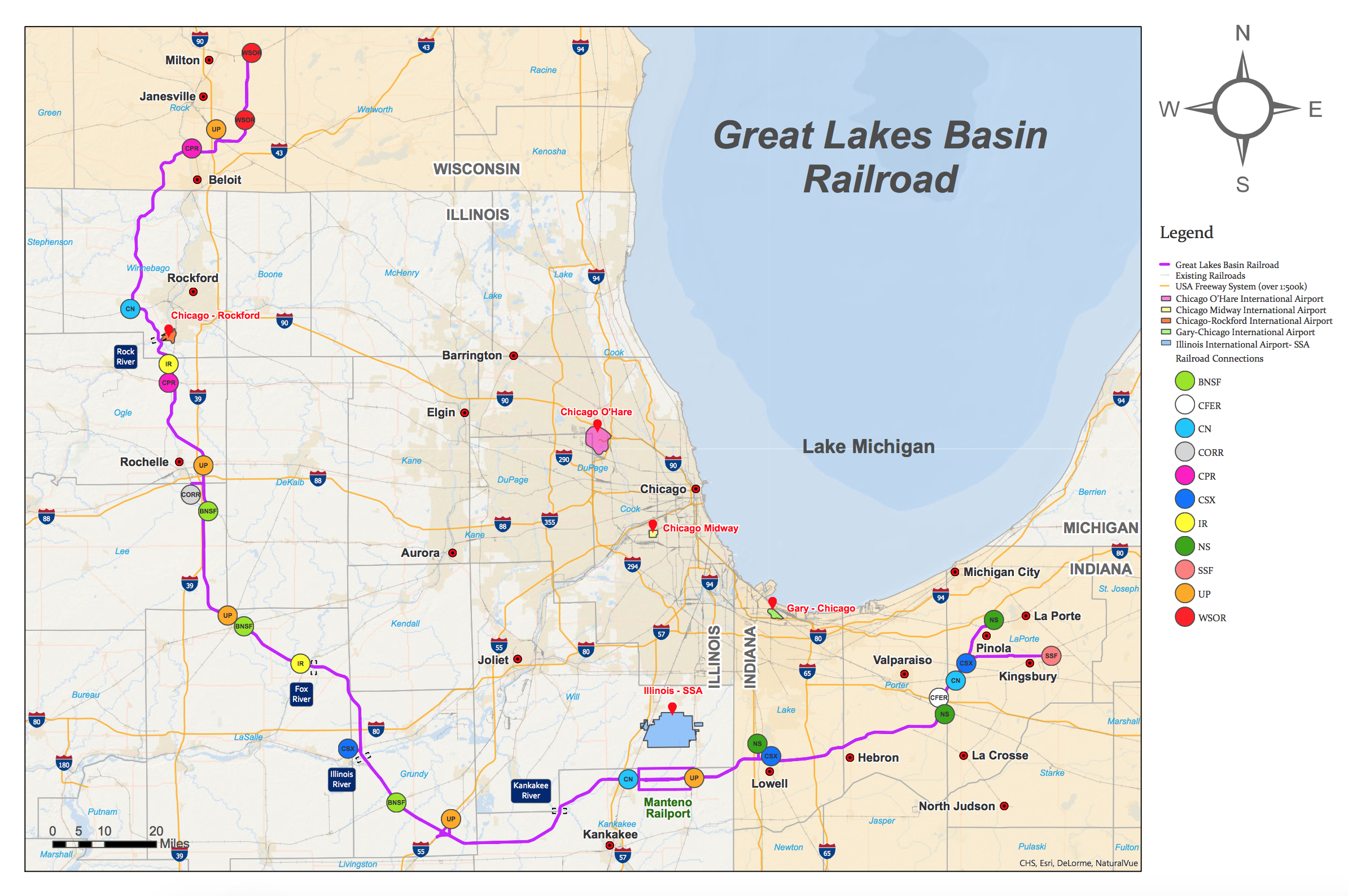

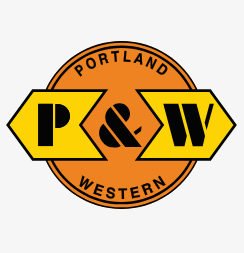
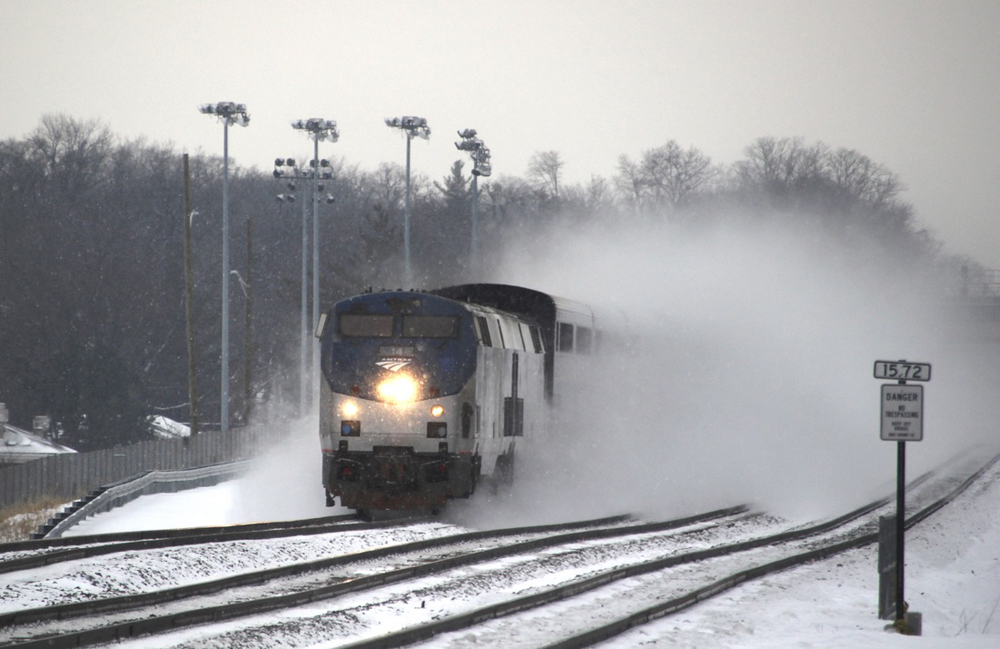
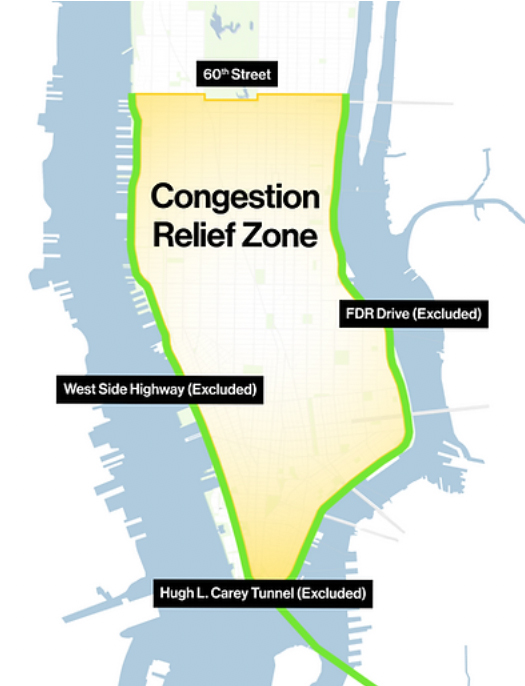
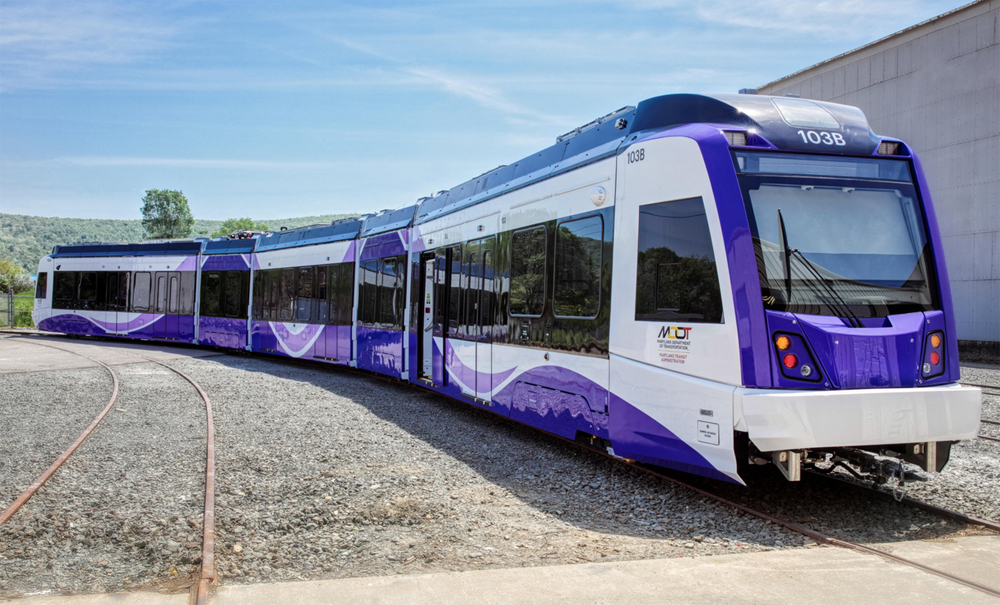




I’ve read all comments thus far. Karl Scribner has my vote for best comment.
Mr. Burger, how do you figure that?
LOLSet up a go fund me account if money is needed
They just mis titled it. Had it been the LGBT Railroad the government would have bee throwing money at it…by the trainload
Money is almost always the reason projects to improve existing problems get pushed back. Bottom line – it’s not going to cost less in the future. There have been several good suggestions posted in this discussion. A combination of public and private resources could be the answer. Yes, the farmers are going to lose some land, but the people in the urban areas will be able to move more freely not waiting for long trains passing by (even though some of us enjoy that). Some loose, some win.
Apparently, “current assets of $151” is not a typo or error. It’s from the actual decision: https://www.stb.gov/decisions/readingroom.nsf/9855c1fb354da09b85257f1f000b5f79/a67db47aed8f543b8525818c0060f432?OpenDocument
Starting a new company is hard, so I respect the effort… but all the experience in the world is useless if you can’t raise money. They didn’t make it even a close call for the STB. More about the company here – http://www.greatlakesbasin.net/
I don’t think the government or, for that matter, any of us should “decide” on the economic viability of the proposal. I would say it is up to individual investors to make that decision and either invest or not invest. If they get the investment the project will either succeed or not. If it does succeed then investors get the profit and if it doesn’t then they take the loss.
But I agree with George Benson – it sounds like this proposal is only half baked. Maybe they will do it again with the financing in place.
Autonomous trucks and cars might solve the Chicago congestion problem.
Considering that BNSF might have benefited greatly, you have to wonder what the STB might have said if Warren Buffett had been backing it.
Philip Nichols: please explain exactly who has been scammed so far. Not the investors who put up seed money to fund the approval process. Why would investors put millions of dollars into a bank account at this moment in the process when there’s no purpose for it at this time?
Kurt Freund: See Paul Bouzide’s first note. Also, any land used for this project would have zero impact on food supply or any other alternate use. Any of this land now used for farming simply is adding to the surplus. Its output would not be missed. The affected farmers would at least have a buyer for their now unsalable land.
This is a visionary proposal that would address serious time and logistics issues around Chicago. But railroad management is too invested in the past and present to support a project like this that would benefit the railroads, the shippers, and the Chicago metropolitan area in the long term. What a shame…
Chicago is the heart and soul of North American railroading. It is no wonder the Class 1s showed no interest, indeed were contemptuous.
How about a bypass for NFL teams around the Superbowl? Or a bypass for tech execs around Silicon Valley? Or a bypass for investors around Wall Street? Or a bypass for gamblers around Las Vegas? Maybe a bypass for scholars around Yale. Certainly we need a bypass for skiers around Aspen.
Timothy Ekren, I believe strongly in a national network duopoly.
So let’s imagine a hypothetical UP+CSX and BNSF+NS pair. To effect the kind of through routes such a combination would provide require mixing it up or holding for the commuter rush on both the UP and BNSF side, many Amtraks on the NS side, and the Orland Park Metras on the CSX side. And many at grade interlockings on all routes. Plus again with few exceptions the IM terminals serving the Chicago market itself are exceedingly poorly located with regard to where most of the Chicago market IM freight wants to go: Will County.
I agree that the routes coming into the Chicago region have the best capacity and velocity (and therefore cost) relative to anywhere else. But that all runs into a costly wall of molasses (including on the dray side) once in Chicagoland. That said, alternate gateways make more sense than Chicago mileage wise for some lanes for sure, but the Chicago region will remain important for many more.
Paul, I would argue Chicago is a mess in part to lack of consolidation that would result in at least two national networks. A national network would make a lot of Chicago issues moot or at least the benefit cost ratio of private capitalization into CREATE makes a lot more sense to a single railroad going through Chicago vs. two interchanging traffic through Chicago.
…
Of course, I’m doing an arm chair analysis so it is truly two cents worth. In the meantime, I’m trying my head around the idea that toll revenues on a partial amount of Chicago interchange rail traffic can come close to paying the cost for ROW let alone construction.. The only thing that makes sense for me on a revenue basis is the bigger picture of a private toll road.
.
Philip Nichols I am sympathetic to your argument though. If it’s true (can you cite evidence in either case? I agree both deals seem to be let’s just say curious in that regard) it’s doubly unfortunate, because as I’ve said, I’ve come to like the GLBT idea.
Because Chicago is a mess in terms of throughput and therefore cost, at a time when supply chains are demanding better and more reliable throughput and truckers are putting pressure on price so cost cutting is important. In Chicago apart from the two Joliet ramps and arguably Willow Springs and Markham, all the IM terminals are in the wrong place, hemmed in, subject to horrendous traffic on the dray side and/or beset by commuter or Amtrak moves on the rail side.
CREATE is and has been a good thing but it’s not enough and good luck on getting the Class 1s plus Metra to agree on the costs/benefits on the unfunded key piece along the BRC to 80th street. Alternate routings away from Chicago can help but won’t happen without transcontinental merger and even so few of the lines to those locations have the capacity that each of the Class 1s have toward Chicago. And building those up will cost far more than building GLBT.
But the exurban sprawl and attendant multilane freeways isn’t a waste of land?
I’ve come around to thinking that at least the Rochelle and East portion might have a solid business model (let CP acquire or upgrade Madison-Janesville-Davis Jct-Rochelle on their own dime or 50 cents on the dollar or something) with the combined highway ROW, centralized car shop and potential for huge all-users IM terminal with a low impact dray to the Will County distribution and warehousing center of gravity.
But as pointed out, the backers didn’t execute this or properly show serious wherewithal on this submission. That’s unfortunate in my view.
No,Do not let them build the bypass. It’s waste of land.
Those in charge scammed the investors and made themselves a healthy paycheck. Quite similar to the XTrain project – that hasn’t gone anywhere either.
George, it also sounds like the GLBT project is (charitably put) “a bit light in the bank account.”
The drama continues.
It sounds like someone didn’t do their homework.